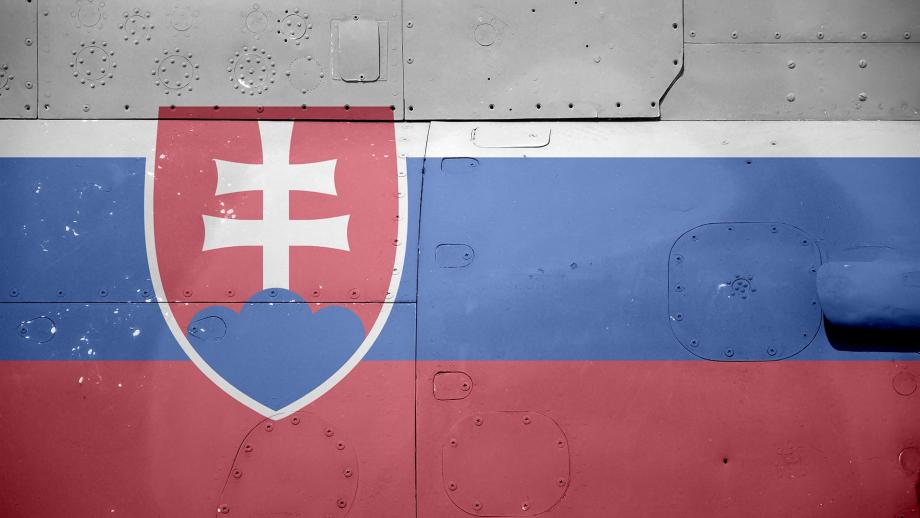Highlights of the New Slovak Security and Defence Strategy Proposals

On December 1, Slovakia initiated a major overhaul of its two key strategic security policy documents – Security Strategy and Defence Strategy - entering them into the public consultation process. The pledge to bring both strategies up to date was also included in the Program Manifesto of the new Slovak government, signifying their importance.
An update to both strategies is long overdue, with the documents not having been revised since 2005. The extended wait owes to the rejection of drafts prepared by the prior government. They had been spurned by a coalition partner over the mentioning of Russia as a security challenge. By adopting the new Security Strategy and Defense Strategy, Slovakia will close a major gap in its strategic and doctrinal policy domain. The blocked approval of the draft Security and Defense Strategy in the former parliament during the elections period indeed put Slovakia in a thorny situation. The core documents specifying the country’s main strategic direction in the field of security and defence, in fact, were outdated by 15 years and did not correspond to the current situation on the ground.
In terms of content and approach, both documents have been adeptly drafted, reflecting the current security environment and threats that the Slovak Republic faces. There are, moreover, several notable inclusions in the two documents worth highlighting.
Firstly, they establish a more explicit description of the principles and starting foundation of the Slovak security policy. A statement that the membership in the EU and NATO expresses the societal and geopolitical anchoring of Slovakia, for example, is an especially pertinent message to convey at a time when domestic and foreign actors are both challenging the two organizations. Equally important is the recognition of the growing impact of non-military threats, the influence of authoritarian states and the corrosive effects of disinformation and propaganda on security and public safety.
Secondly, the Security Strategy contains unambiguous language laying out Slovakia's position vis-à-vis the U.S., Russia and China. The U.S., in the Security Strategy, is pinpointed as a strategic ally with shared values and interests. Concerning Russia, the text sets forth the intention of developing constructive relations. Moscow, nonetheless, is described as the primary security challenge in the transatlantic domain due to its violations of international law, interference into democratic processes and repeated attempts to undermine the EU and NATO. China, meanwhile, is characterized, on the one hand, as a partner in confronting global challenges but, on the other, as a competitor and strategic rival of the EU. The document also commits to procuring communication equipment in state-operated networks and critical infrastructure from partners and allies. This passage marks a thinly veiled reference to China and a potent message responding to attempts by Beijing to dominate the 5G market. This type of unequivocal language was lacking in prior Slovak public policy documents.
Thirdly, both documents contain specific mentions of hybrid threats as an emerging security challenge posed by state and non-state actors. To address them, several resilience-building measures are proposed including the strengthening of capacity and awareness with respect to these threats, improved coordination and detection mechanisms and/or a heightened use of strategic communication.
Lastly, the all-of-society approach, often used as a mantra in policy recommendations including those put forward by GLOBSEC, is widely adopted in the new policies. An explicit acknowledgement of the role of the private sector, academia and civil society in increasing resilience and a pledge by state authorities to cooperate with such entities marks a change in outlook in this regard.
It remains to be seen whether such clear wording will make it into the final version of both documents to be adopted by the government and parliament in the upcoming months. If approved without substantial changes, they will serve as a promising and productive starting point for formulating concrete policies and measures that fulfil these strategic goals.

Former Senior Advisor, Democracy & Resilience